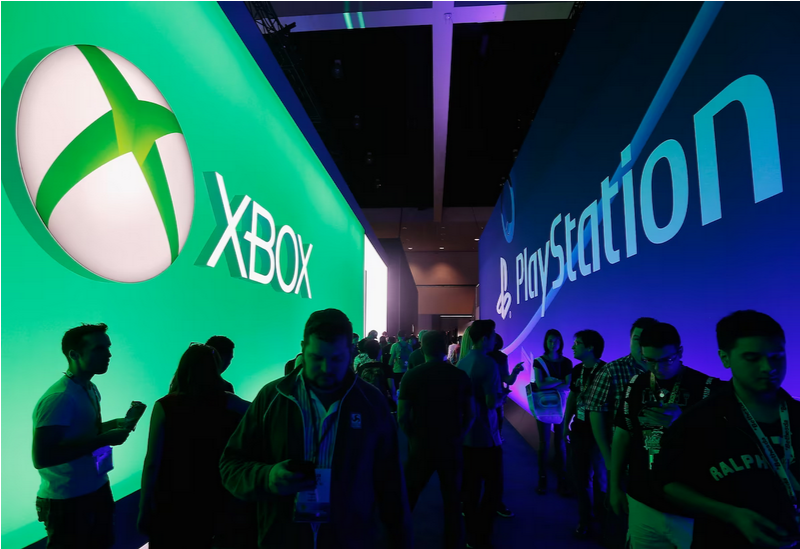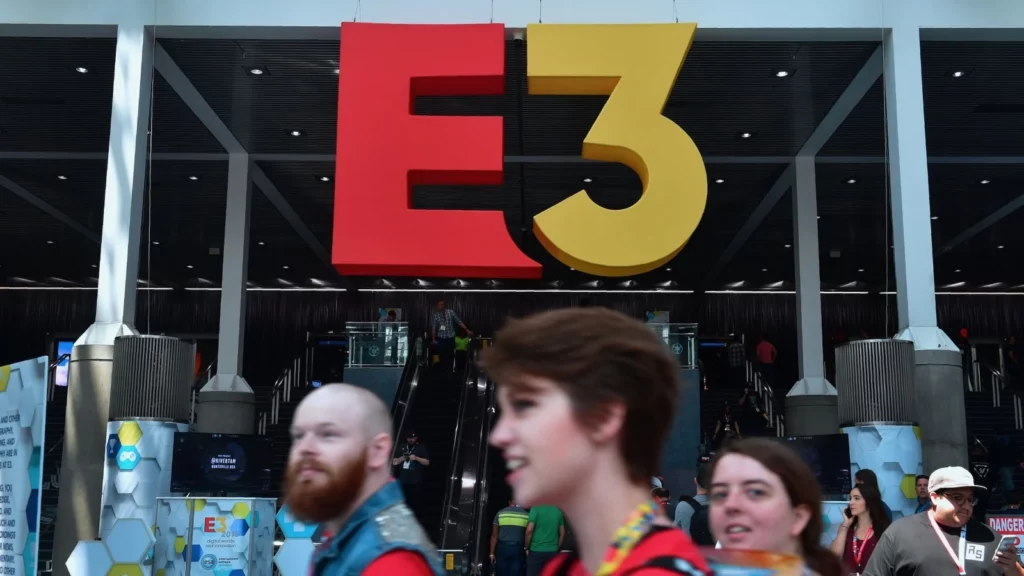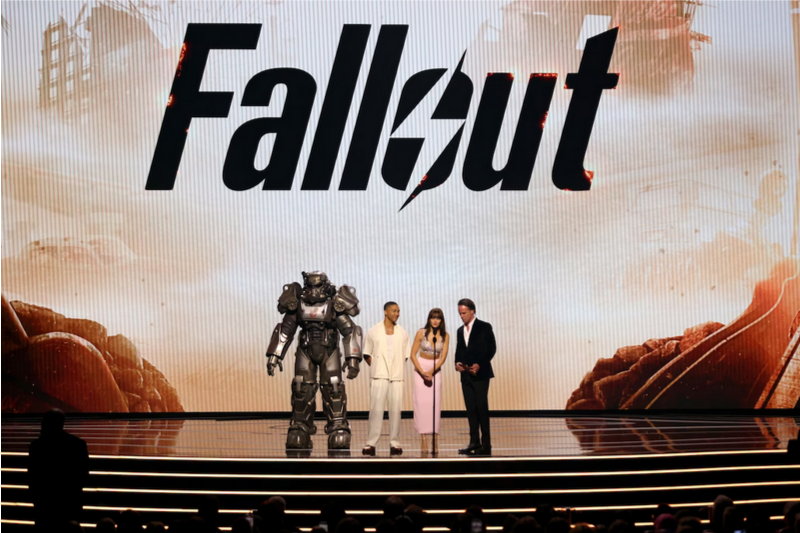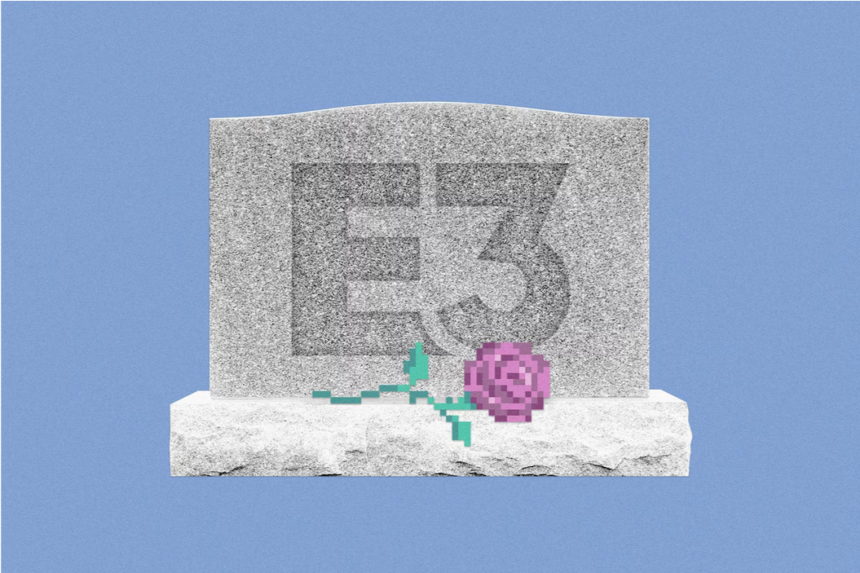The Electronic Entertainment Expo, once the paramount convention and media platform for the gaming industry, has officially come to an end.

“After more than two decades of hosting an event that has served as a central showcase for the U.S. and global video game industry,” stated Stanley Pierre-Louis, president and CEO of the Entertainment Software Association (ESA), the nonprofit trade association representing the gaming industry’s interests in the United States. The decision to terminate E3 comes as a result of a combination of factors, including the emergence of new competitors, partner withdrawals, shifting audience habits, and disruptions caused by the pandemic. These challenges ultimately led to the collapse of E3, marking the conclusion of years of efforts to revive the event that began in 1995.
“We know the entire industry, players and creators alike have a lot of passion for E3. We share that passion,” Pierre-Louis acknowledged. “We know it’s difficult to say goodbye to such a beloved event, but it’s the right thing to do given the new opportunities our industry has to reach fans and partners.”
The new opportunities mentioned include online video news conferences that provide information directly to audiences, bypassing the costs associated with attending a trade show. This approach gained momentum when Nintendo introduced the “Direct” format in 2011, featuring video news conferences to announce new games and products.

In 2018, Sony PlayStation’s decision to withdraw from E3 initiated a chain reaction, with other vendors and companies following suit. The departure of former E3 collaborator and journalist Geoff Keighley in 2019 further contributed to the event’s challenges. Keighley went on to create successful events, such as Summer Game Fest, and enhanced the showcase format in the annual Game Awards.
Recent E3 shows, including the final in-person event in 2019, allowed public attendance to generate more excitement. However, the pandemic exacerbated E3’s difficulties as quarantines prompted many game publishers to adopt the online news conference format to varying degrees of success.
In an interview with The Washington Post, Pierre-Louis acknowledged the circumstances that affected attendance, stating, “There were fans who were invited to attend in the later years, but it was about a marketing and business model for the industry and being able to provide the world with information about new products. Companies now have access to consumers and business relations through a variety of means, including their showcases.”
Before E3, video games were showcased at the Consumer Electronics Show in Las Vegas, but the industry was relegated to the sidelines. The ESA introduced E3 as a trade show for retailers to engage with game publishers and creators.

“At that time, as an industry, we understood the power games have,” Pierre-Louis recalled, “but a lot of others didn’t appreciate the important role that our industry plays in the innovation sector, in creating serious expressions of art and contributions to economic growth.”
Despite E3’s closure, the effort to find a replacement continues. The Game Awards ceremony has assumed much of E3’s cultural influence but has faced criticism for its emphasis on ads and marketing, potentially overshadowing the industry’s accomplishments. Pierre-Louis noted that E3’s shutdown signifies that the business of video games “has blossomed in different ways.”








